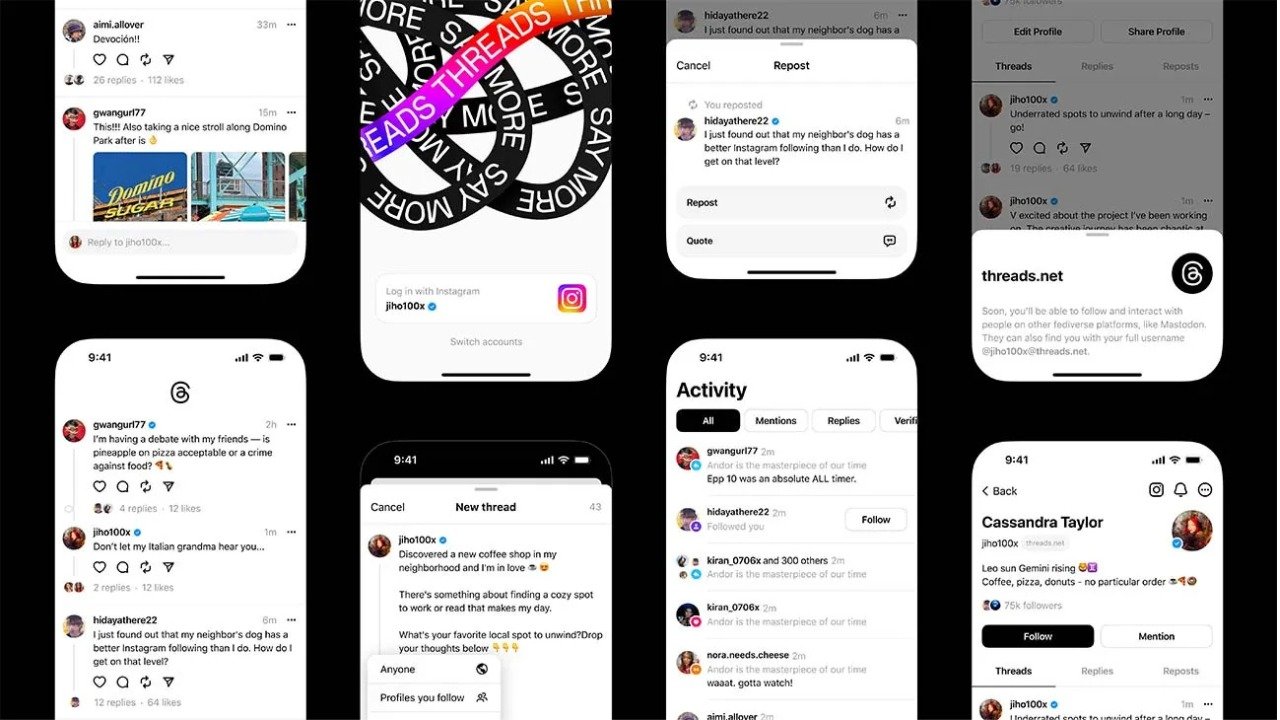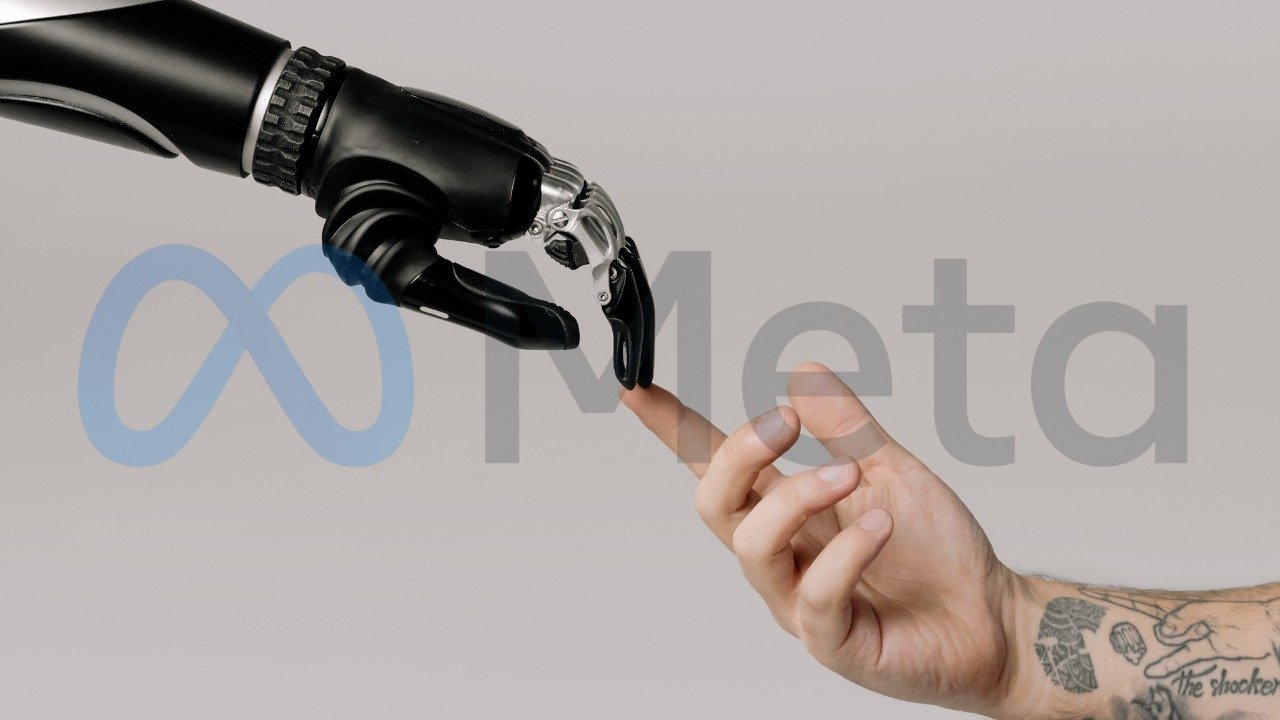
Meta Shuts Down U.S. Fact-Checking Program: Introduces Community Notes for Misinformation Control
Meta Replaces U.S. Fact-Checking Program with Community Notes
In a bold and controversial move, Meta—the parent company of Facebook and Instagram—has officially replaced its U.S. fact-checking program with the Community Notes system, originally developed and popularized by X (formerly Twitter). This change, effective in early 2025, has sparked widespread discussion across the digital landscape about misinformation, social media responsibility, and the future of online content moderation.
As social platforms continue to walk the tightrope between freedom of expression and misinformation control, Meta’s pivot signals a major shift in how it plans to handle content verification in the U.S.
Why Meta Scrapped the U.S. Fact-Checking Program
Meta’s fact-checking initiative, launched in 2016, partnered with third-party fact-checkers like PolitiFact, Snopes, and FactCheck.org to review viral content. However, the initiative has faced years of criticism—ranging from claims of political bias to lack of transparency and limited scalability.
Some key reasons behind the shift include:
- Scalability Issues: With billions of daily active users, manually reviewing every viral claim isn’t feasible.
- Trust Concerns: Users have questioned the neutrality of Meta’s fact-checking partners.
- Operational Cost: Maintaining contracts with multiple fact-checkers in different regions proved costly.
- Public Pressure: The rise of decentralized and community-driven fact-checking tools showed promising engagement levels.
With misinformation still rampant—especially during election seasons and major global events—Meta is now betting on a more crowdsourced approach.
What Are Community Notes?
Originally launched by Twitter (now X), Community Notes is a crowdsourced fact-checking feature that allows users to collaboratively write and rate notes on misleading posts. These notes are only displayed when they are deemed helpful by a broad and diverse range of contributors.
Meta plans to roll out a similar feature for Facebook and Instagram, inviting users to participate in:
- Flagging misleading posts
- Writing informative corrections or context
- Voting on the helpfulness of notes
- Reviewing contributions to prevent abuse
This aligns with Meta’s broader push for community-driven governance, echoing its previous efforts around content moderation boards.
How Community Notes Will Work on Facebook and Instagram
While the full integration details are still being fine-tuned, here’s what’s expected:
- Notes Visibility: Notes will be attached to viral posts that are flagged as misleading or needing context.
- Contributor Eligibility: Users who meet certain criteria (e.g., history of good behavior, diverse geographic location) will be invited to contribute.
- Transparency & Voting: Notes will be published only if contributors from differing viewpoints agree they are helpful.
- AI Support: Meta will use AI and machine learning to detect potentially misleading posts that require community intervention.
SEO Keywords Used in This Blog:
- Meta misinformation policy 2025
- Meta fact-checking replaced
- Community Notes on Facebook
- Community Notes on Instagram
- Facebook misinformation control
- Instagram misinformation update
- Social media fact-checking 2025
- Meta content moderation
- Crowdsourced fact-checking tool
- Meta ends U.S. fact-checking program
The Shift Towards Decentralized Fact-Checking
Meta’s decision reflects a broader trend toward decentralized content moderation. As public trust in tech giants and government agencies wanes, platforms are experimenting with community-led models to bring transparency, reduce bias, and empower users.
Benefits of this shift include:
- More perspectives: Notes are created by a diverse pool of contributors.
- Transparency: Every user can see how decisions are made and rated.
- Scale: Community Notes can scale across languages, regions, and topics more effectively than human fact-checkers.
- Public engagement: Encourages digital literacy and civic responsibility among users.
However, critics argue that mob mentality or coordinated manipulation could still influence note quality—raising concerns about reliability and fairness.
Implications for Users, Brands, and Advertisers
This change will have ripple effects across the digital ecosystem:
For Regular Users:
- Expect more visible “contextual” notes under controversial or viral posts.
- You might be invited to become a Community Notes contributor.
- Trust in content will depend on the crowd—not a certified third-party agency.
For Brands:
- Content flagged by Community Notes may see reduced reach or engagement.
- Crisis management and content strategy will need to account for community feedback.
For Advertisers:
- Ad placements next to misleading content could be flagged, affecting brand perception.
- Meta may enhance brand safety tools based on Community Notes feedback.
Expert Reactions to Meta’s Move
The reaction has been mixed. Here’s what some thought leaders are saying:
Digital Policy Experts warn that without editorial oversight, Community Notes may become an unreliable patchwork of opinions.
Tech Ethicists believe it’s a step toward platform accountability, where users play a key role in shaping their digital environment.
Free Speech Advocates applaud the decentralization, calling it a positive move toward unbiased moderation.
Misinformation Researchers, however, caution that community-driven systems are still vulnerable to coordinated disinformation campaigns and AI-generated fake news.
What Lies Ahead for Content Moderation?
Meta’s rollout of Community Notes in the U.S. will serve as a testing ground for a global transformation in content governance. If successful, this approach could expand to other regions and become the standard for social media fact-checking across platforms.
However, success will depend on:
- How well Meta balances user freedom with misinformation controls
- The accuracy and diversity of note contributors
- User trust and participation in the system
With the 2024 U.S. elections just around the corner, all eyes will be on how Meta’s new system holds up under pressure.





